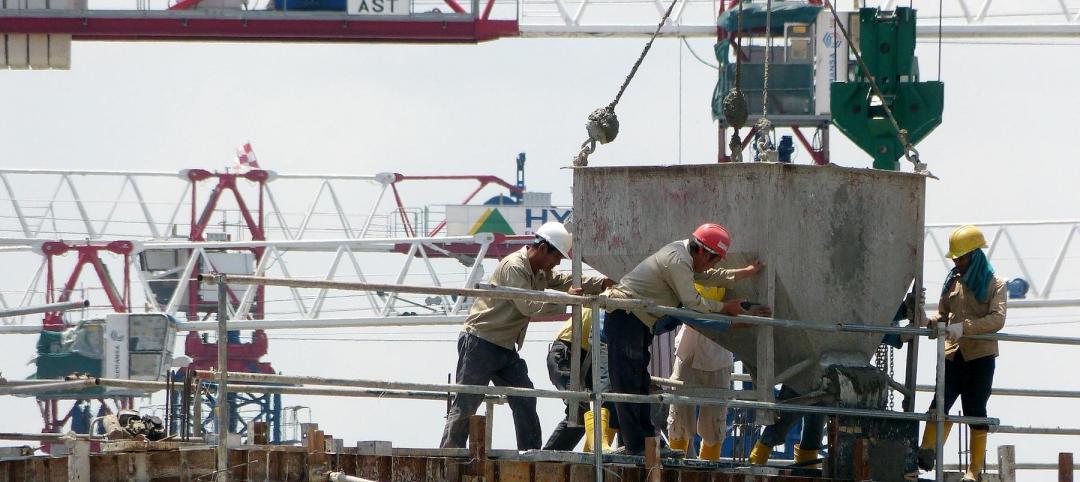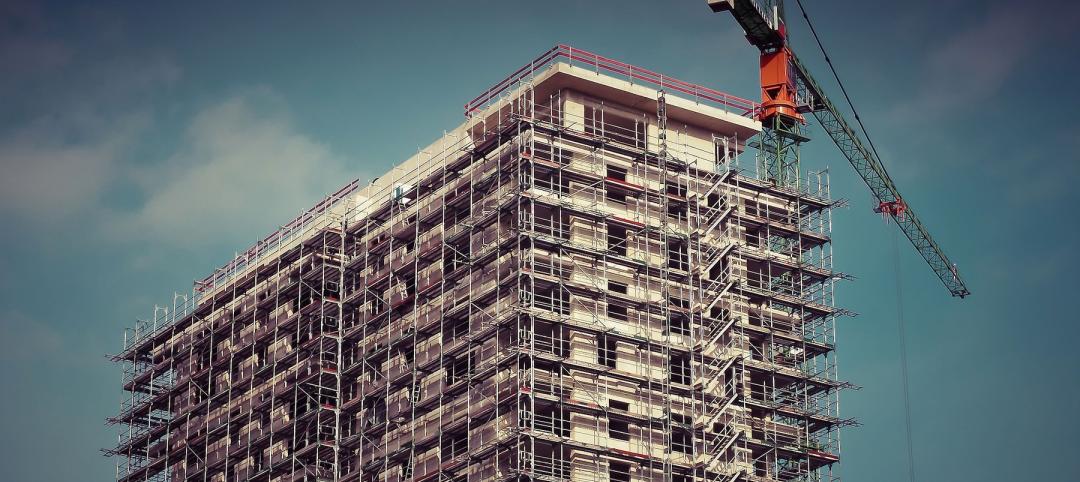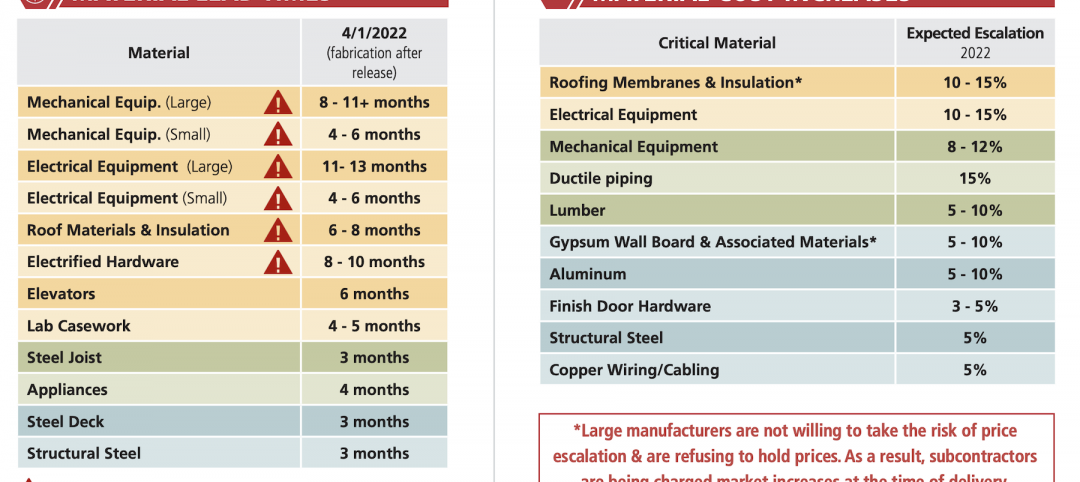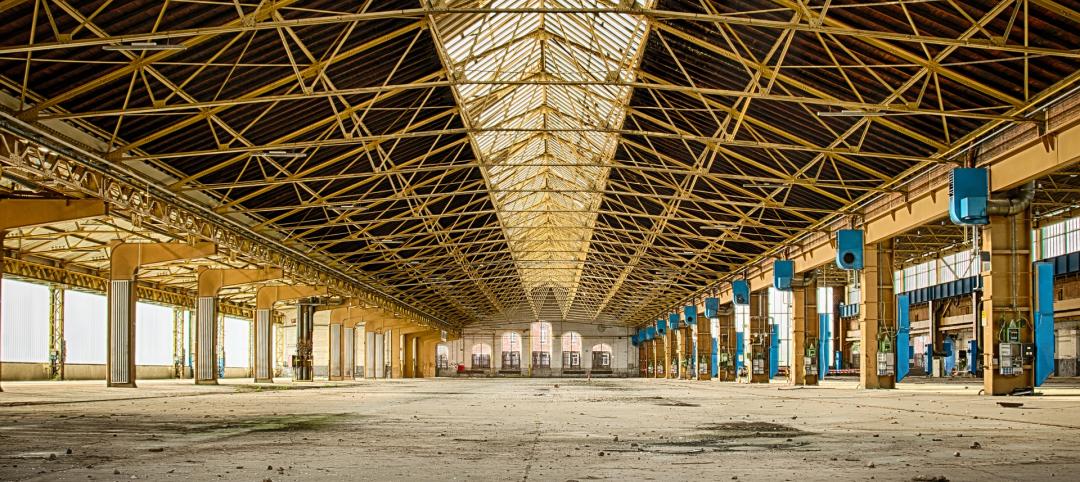President Trump and candidate Biden should establish and implement a nationwide plan for the distribution of approved coronavirus vaccines, the Associated General Contractors of America advised today in a letter to the two presidential candidates (Trump and Biden). Establishing such a nationwide plan will help avoid the confusion, delays and potential economic hardships that would result from delegating all responsibility to state and local officials.
“A thoughtful and comprehensive plan to rollout the ultimately approved vaccine for the coronavirus will ensure that the construction industry can continue to provide support for other critical sectors of the economy,” wrote Stephen E. Sandherr, the association’s chief executive office, in the letters to the two candidates. “There is the real potential that conflicting and confusing priorities at the state and local level will undermine the distribution process.”
Sandherr noted that one of the clear lessons to come out of the early response to the pandemic was that the distribution of essential medical supplies should not be completely delegated to the states. He noted that many of the association’s member firms struggled to locate essential personal protective equipment as states competed against each other to stockpile items like masks, hand sanitizers and gloves.
He cautioned that delegating all responsibility for the distribution of vaccines to the states would create similar problems. Instead, he urged federal officials to establish and implement a single federal plan for nationwide distribution of vaccines, just as it established and implemented a federal plan for their development. Such a nationwide plan would limit the risk of voluminous and conflicting guidelines at the state and local levels, Sandherr added.
The federal plan should also prioritize the rational distribution of vaccines, based on risk and need, to ensure that vaccinations are distributed to the same groups, in the same order, throughout the country. He suggested that the plan should begin with vulnerable populations, followed by essential workers who are at the greatest risk of infection, including first responders and health care workers. Construction workers should merit priority over other essential workers who have the option of working remotely, he added.
Sandherr also said a nationwide plan will mitigate the risk of public officials demanding that essential services like construction shut down until the vaccines are widely distributed. He noted that such shutdowns would inflict additional, needless, hardships on workers and their families. And the shutdowns would be in complete disregard of the widespread safety protocols that have been put in place to allow essential economic activities, like construction, to continue safely during the pandemic.
“The federal government and the private sector have gone to great lengths to facilitate the development of multiple vaccine candidates that will, hopefully, soon be approved and made available,” Sandherr noted. “The tremendous potential for this hard work and innovation to turn the country around will not, however, be realized if the subsequent distribution of vaccines is wholly delegated to state and local governments.”
Related Stories
Market Data | May 18, 2022
Architecture Billings Index moderates slightly, remains strong
For the fifteenth consecutive month architecture firms reported increasing demand for design services in April, according to a new report today from The American Institute of Architects (AIA).
Market Data | May 12, 2022
Monthly construction input prices increase in April
Construction input prices increased 0.8% in April compared to the previous month, according to an Associated Builders and Contractors analysis of U.S. Bureau of Labor Statistics’ Producer Price Index data released today.
Market Data | May 10, 2022
Hybrid work could result in 20% less demand for office space
Global office demand could drop by between 10% and 20% as companies continue to develop policies around hybrid work arrangements, a Barclays analyst recently stated on CNBC.
Market Data | May 6, 2022
Nonresidential construction spending down 1% in March
National nonresidential construction spending was down 0.8% in March, according to an Associated Builders and Contractors analysis of data published today by the U.S. Census Bureau.
Market Data | Apr 29, 2022
Global forces push construction prices higher
Consigli’s latest forecast predicts high single-digit increases for this year.
Market Data | Apr 29, 2022
U.S. economy contracts, investment in structures down, says ABC
The U.S. economy contracted at a 1.4% annualized rate during the first quarter of 2022.
Market Data | Apr 20, 2022
Pace of demand for design services rapidly accelerates
Demand for design services in March expanded sharply from February according to a new report today from The American Institute of Architects (AIA).
Market Data | Apr 14, 2022
FMI 2022 construction spending forecast: 7% growth despite economic turmoil
Growth will be offset by inflation, supply chain snarls, a shortage of workers, project delays, and economic turmoil caused by international events such as the Russia-Ukraine war.
Industrial Facilities | Apr 14, 2022
JLL's take on the race for industrial space
In the previous decade, the inventory of industrial space couldn’t keep up with demand that was driven by the dual surges of the coronavirus and online shopping. Vacancies declined and rents rose. JLL has just published a research report on this sector called “The Race for Industrial Space.” Mehtab Randhawa, JLL’s Americas Head of Industrial Research, shares the highlights of a new report on the industrial sector's growth.
Codes and Standards | Apr 4, 2022
Construction of industrial space continues robust growth
Construction and development of new industrial space in the U.S. remains robust, with all signs pointing to another big year in this market segment

















